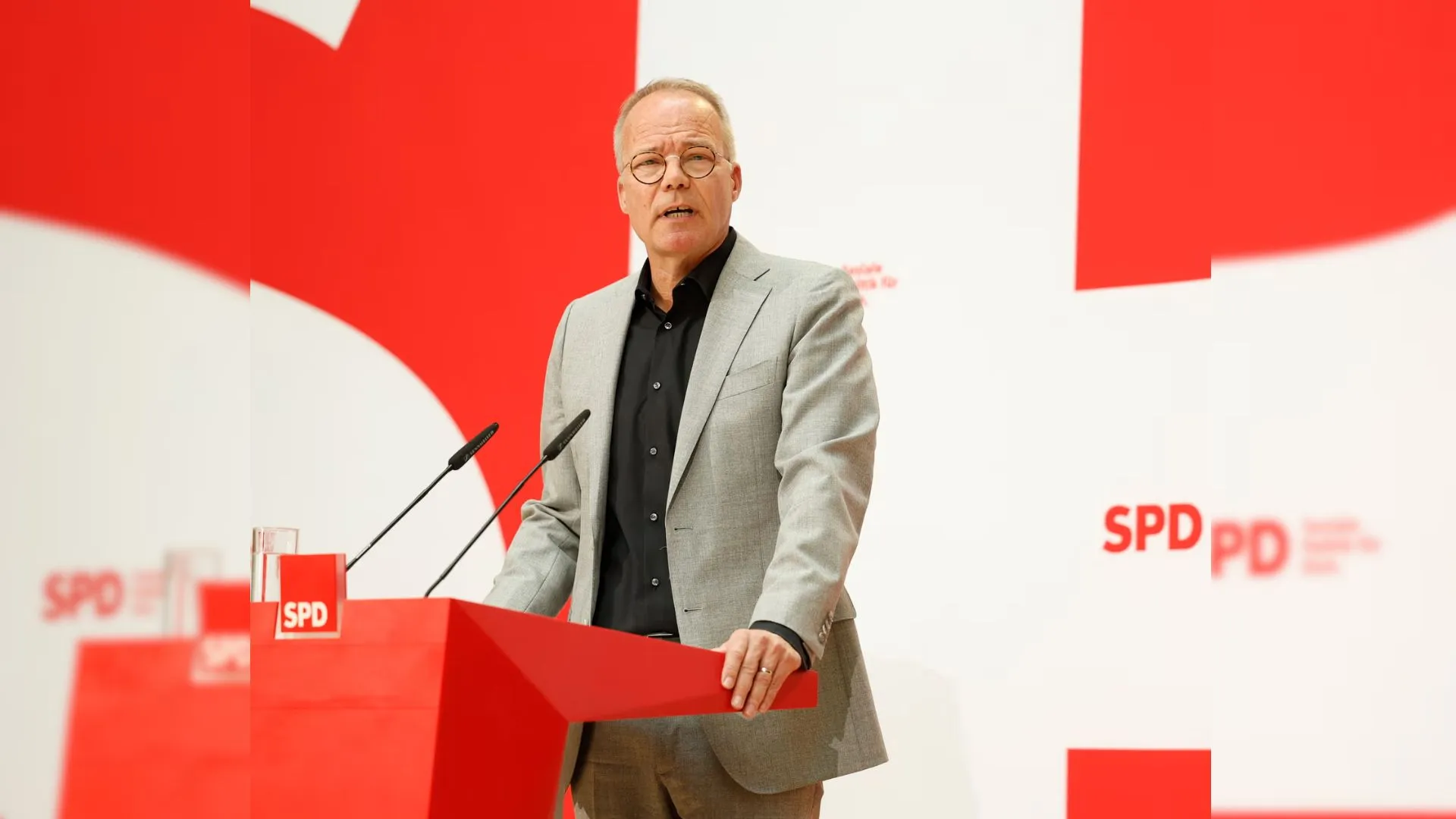Germany’s Social Democratic Party (SPD) has formally backed a coalition agreement with the conservative CDU/CSU bloc, securing a pivotal role in the next government despite a poor showing in the February general elections, foreign media reported on Wednesday. The deal was endorsed by 84.6% of SPD members who voted, with a turnout of 56%, the party announced via social media.
The approval clears the path for CDU leader Friedrich Merz to be confirmed as the next Chancellor, while SPD co-leader Lars Klingbeil is set to become Vice Chancellor and Federal Finance Minister. According to DW, Klingbeil’s nomination was unanimously approved by the SPD’s executive committee shortly after the vote outcome was announced.
“In these very difficult times in global politics, we bear responsibility for our security, for economic growth, secure jobs and equal opportunities,” SPD Secretary General Matthias Miersch said in an emailed statement, Reuters reported.
Speaking at a press conference, Miersch confirmed that the SPD would present its final list of ministers on May 5, ahead of the cabinet’s swearing-in on May 6. He also acknowledged internal party divisions, reportedly saying, “Even those who voted no will ultimately see it was worth joining this government and standing up for the basic social democratic values.”
Das Statement unseres Generalsekretärs Matthias Miersch zum Ergebnis des Mitgliedervotums. https://t.co/jTsIjzwCFh
— SPD Parteivorstand ?? (@spdde) April 30, 2025
According to DW, three key factors influenced the SPD membership’s decision to back the coalition: the party secured seven of the 16 ministries despite its weak electoral performance, the likelihood of a worse outcome in fresh elections and a stronger showing for the far-right AfD, and the SPD’s longstanding experience in governing with the CDU.
However, the publication also noted that this coalition is seen by SPD leadership more as a necessity than a “marriage of love.” Party insiders reportedly expect Defense Minister Boris Pistorius to retain his position, while challenges remain in appointing younger leaders and women to ministerial roles, the report suggests. There is also growing speculation over the future of SPD co-leader Saskia Esken, with rumours suggesting she may step down amid criticism of the party’s electoral showing.
According to DW, Klingbeil, 47, has developed a strong rapport with Merz during the coalition talks and is seen as a pragmatic and stabilising figure in the new government.
More announcements are expected on Monday when the coalition agreement is formally signed, ahead of the cabinet’s official swearing-in on Tuesday.
ALSO READ: Social Democrats Approve Coalition Deal, Paving Way for New German Government





















